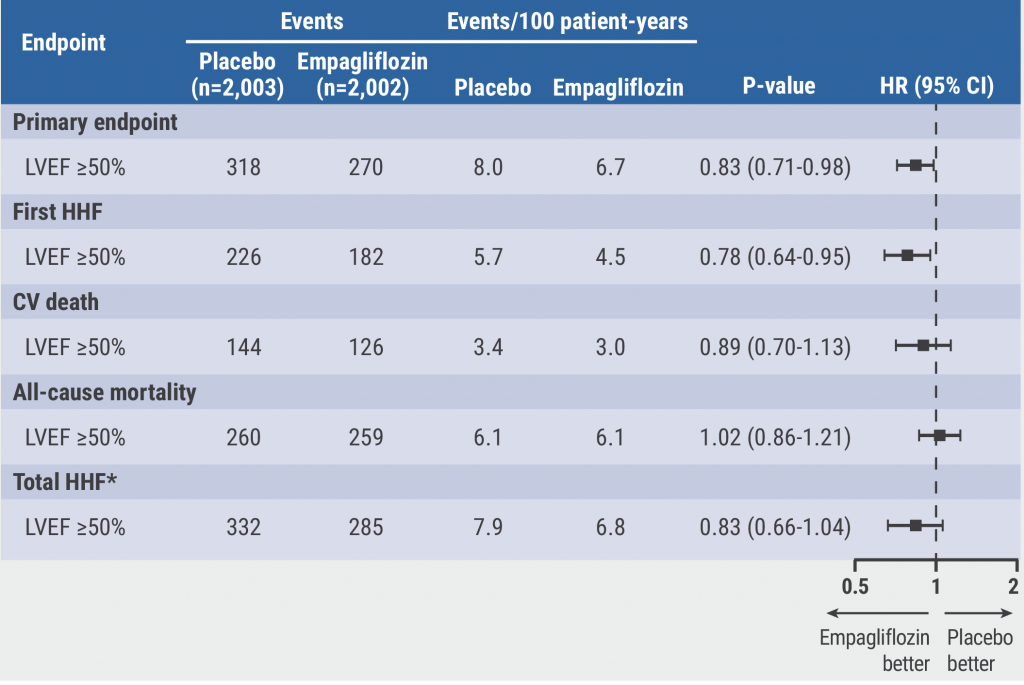"This is the first study demonstrating the benefits of iron supplementation initiated in stabilized patients hospitalized for acute heart failure, and only two doses were needed in the vast majority of patients," lead investigator Dr. Piotr Ponikowski of Wroclaw Medical University in Poland said in a statement.
"Health care professionals should screen patients with heart failure for the presence of iron deficiency, and intravenous iron should be considered for those with iron deficiency and ejection fraction of 50% or lower," he added.
The results of the study were presented November 13 during the American Heart Association 2020 virtual scientific sessions and simultaneously published in The Lancet.
In acute heart failure, iron deficiency is present in up to 70% of patients and is a predictor of poor outcome, Dr. Ponikowski said during a conference press briefing.
The AFFIRM-AHF trial evaluated the effect of intravenous ferric carboxymaltose (Ferinject, Vifor Pharma), compared with placebo, on outcomes in acute heart failure patients.
The trial enrolled 1,108 patients hospitalized for acute heart failure and found to have iron deficiency during their hospital stay. Their mean age was 71, 56% were men and mean left ventricular ejection fraction was 33%.
After HF stabilization, patients were randomly allocated to receive either IV ferric carboxymaltose or placebo shortly before discharge and a second treatment six weeks later. Subsequent doses were given at 12 and 24 weeks if iron deficiency persisted.
Treatment with ferric carboxymaltose was "safe and well tolerated" and led to fewer hospital readmissions due to heart failure compared with placebo (217 vs. 294), Dr. Ponikowski reported.
After 52 weeks, ferric carboxymaltose supplementation reduced the risk of the combined endpoint of total heart hospitalization and cardiovascular death by 21%. This result was mainly driven by a 26% reduction in the risk of heart failure hospitalization, with no apparent effect on cardiovascular mortality, he noted.
Importantly, 80% of patients required only one or two injections of ferric carboxymaltose during the dosing period.
Briefing moderator Dr. Clyde Yancy of Northwestern University Feinberg School of Medicine in Chicago said AFFIRM-AHF is a "very important study that could potentially change the way we approach patients with hospitalized heart failure."
"We've needed to understand what is the influence of iron replacement in those persons with heart failure who are iron deficient on hard outcomes" and this trial provides that information, said Dr. Yancy.
Commenting on the study during the press briefing, Dr. Nancy K. Sweitzer, of Sarver Heart Center at the University of Arizona, in Tucson, said the AFFIRM-AHF trial findings are "likely to change guidelines."
"The trial targeted one of the highest-risk populations we have in heart failure, those with iron deficiency who tend to be elderly with more comorbidities, have longer hospital lengths of stay and higher readmission rates, so impacting hospitalizations in this population is incredibly impactful," she noted.
"Awareness and assessment of iron deficiency are at important part of inpatient care of patients with ejection fractions less than or equal to 50% and acute decompensated heart failure and I think all of us need to pay much more attention to this issue," Dr. Sweitzer said.
The study was funded by Vifor Pharma. Dr. Ponikowski has received research grants and personal fees from the company.
By Megan Brooks
SOURCE: https://bit.ly/2UvCyxa The Lancet, online November 13, 2020.
Posted on
Previous Article
« Wilms tumor, Hodgkin lymphoma survivors at high risk of digestive cancers Next Article
Cryoablation Afib studies show better first-line outcomes than drug therapy »
« Wilms tumor, Hodgkin lymphoma survivors at high risk of digestive cancers Next Article
Cryoablation Afib studies show better first-line outcomes than drug therapy »
Related Articles
February 18, 2021
“Strongly consider an SGLT2-inhibitor in most T2DM patients”

October 26, 2020
Serum omega-3 fatty acids tied to improved STEMI prognosis
© 2024 Medicom Medical Publishers. All rights reserved. Terms and Conditions | Privacy Policy

